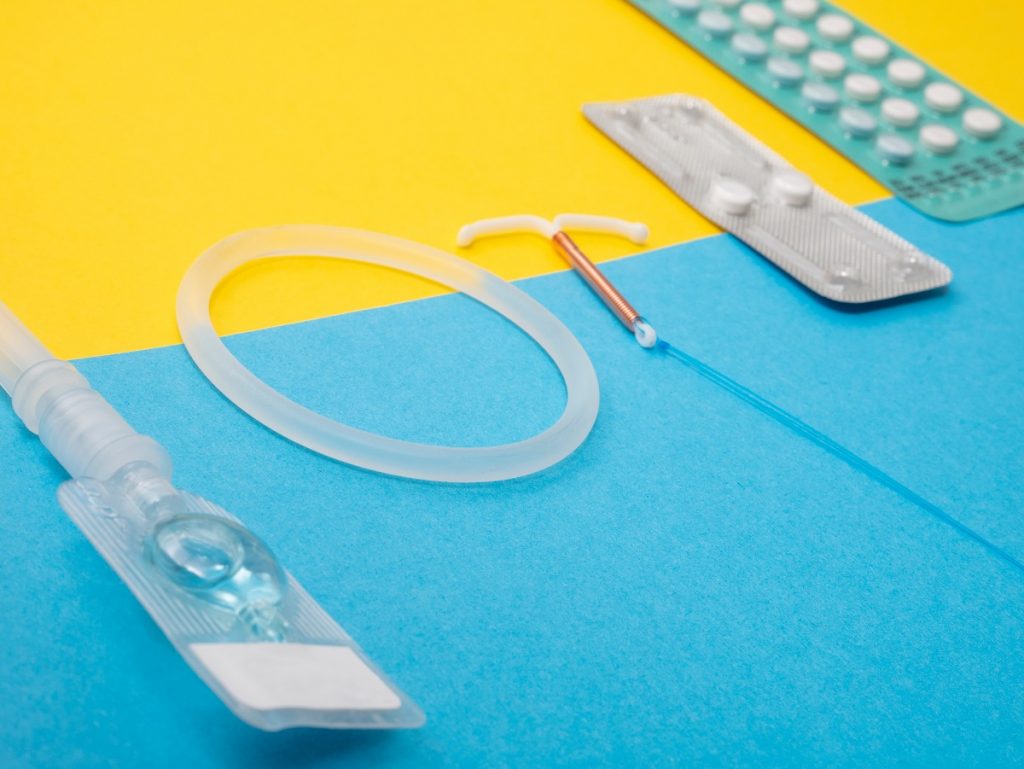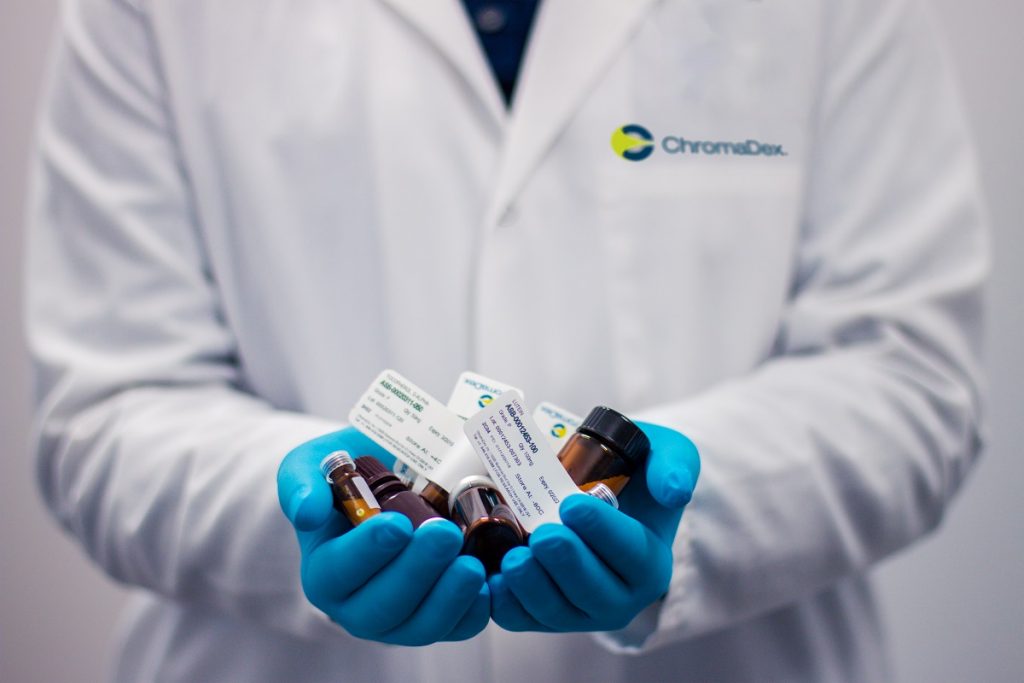What is endometriosis and what are its symptoms?
Endometriosis is a painful disorder in which tissue similar to the tissue that normally lines the inside of your uterus — the endometrium — grows outside your uterus. Endometriosis most commonly involves your ovaries, fallopian tubes and the tissue lining your pelvis
What are the different treatments for endometriosis?
Treatments for endometriosis include hormone therapy, which can come in the form of an injection, a pill or a nasal spray. These treatments help to alleviate the pain caused by hormones causing endometriosis patches to go through a cycle similar to the menstrual cycle.
What if taking birth control pills helps with endometriosis?
Oral contraceptives help make a woman’s period lighter, shorter, and more regular. Women prescribed contraceptives also report relief from pain. Generally birth control methods contain two hormones: estrogen and progestin, a progesterone-like hormone. Women who can’t take estrogen because of cardiovascular disease or a high risk of blood clots can use progestin-only pills to reduce menstrual flow.
Typically, a woman takes the pill for 21 days and then takes sugar pills for 7 days to mimic the natural menstrual cycle. Some women take birth control pills continuously, without using the sugar pills that signal the body to go through menstruation. Taken without the sugar pills, birth control pills may stop the menstrual period altogether, which can reduce or eliminate the pain. There are also birth control pills available that provide only a couple days of sugar pills every 3 months; these also help reduce or eliminate pain.
Pain relief usually lasts only while taking the pills, while the endometriosis is suppressed. When treatment stops, the symptoms of endometriosis may return (along with the ability to get pregnant). Many women continue treatment indefinitely. Occasionally, some women have no pain for several years after stopping treatment.
These hormones can have some mild side effects, such as weight gain, bloating, and bleeding between periods, especially when women first start to take the pills continuously.
To get more of your contraceptive questions answered, join our community chat circle to speak to other women and get advice from medical experts by clicking on this link. You can also book a contraceptive consult with a qualified health professional on www.mycontraceptive.co.za.

